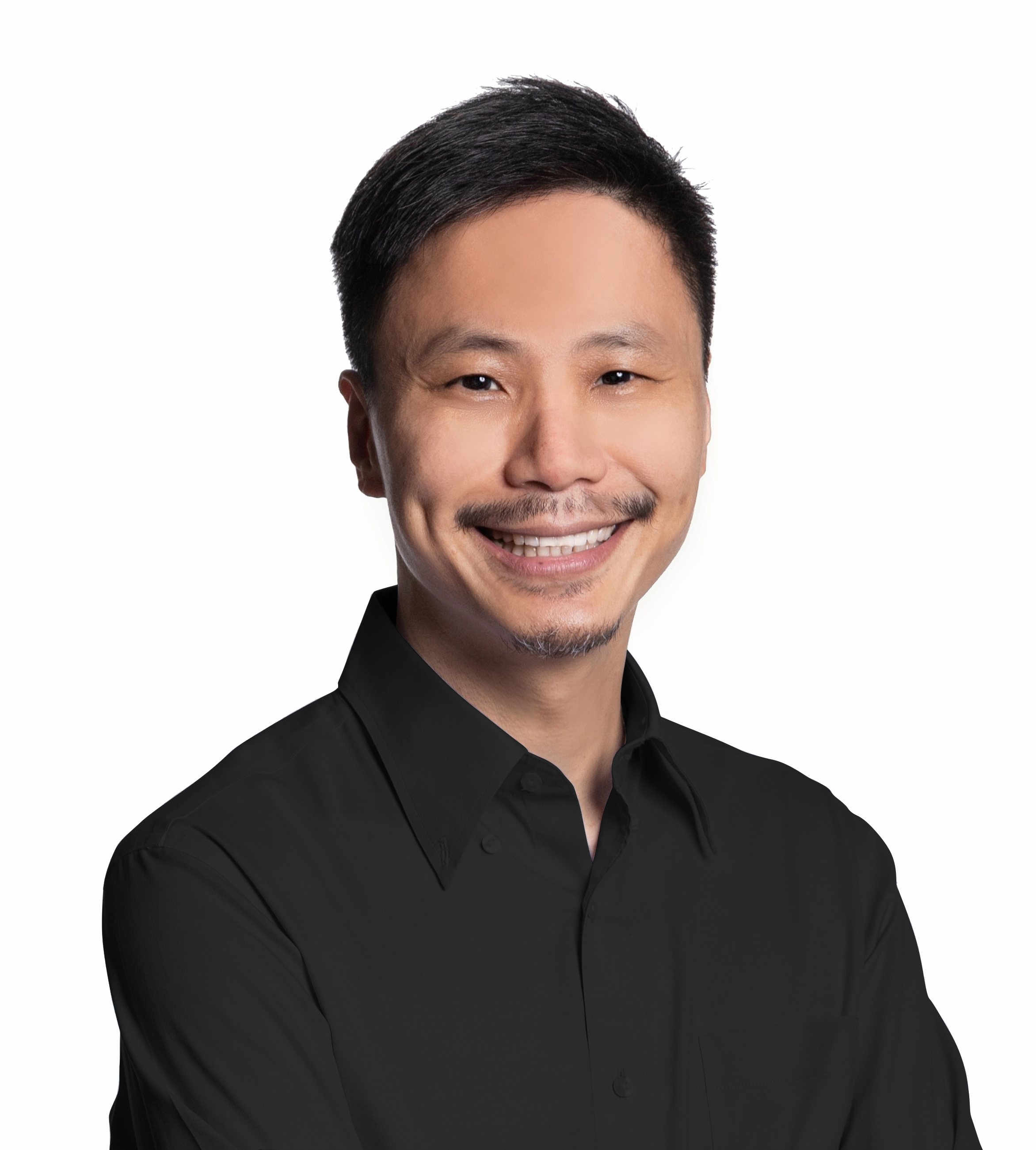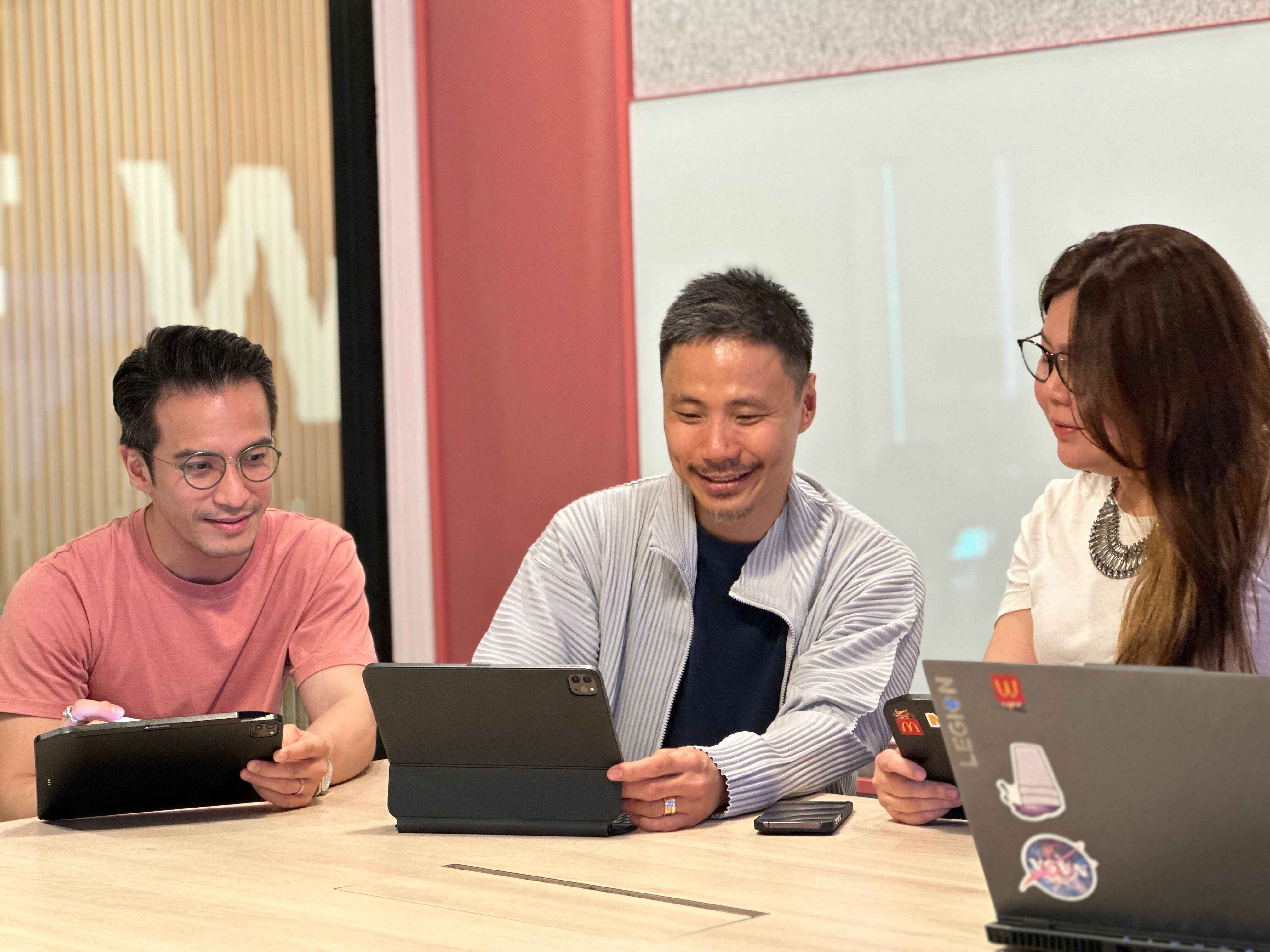Low Kia Sing, Chief Development Officer of JustCo got his start as an architect, with a career that has taken him through pivotal roles at companies like Club 21, CapitaLand, and Shangri-La, which allowed him to hone his expertise in creating spaces that blend functionality with exceptional design. At JustCo, which is one of Asia’s leading flexible workspace providers, he leads a talented team of 10 specialists in design, construction, and facilities management to conceptualise and bring to life innovative coworking centres across Asia. What’s more, he is responsible for overseeing the design process, while his team ensures that each project reflects the unique character of its surroundings while embodying the company’s vision of inspiring and dynamic workspaces.
NEXT LEVEL LEADERSHIP
Next Level Leadership: Low Kia Sing, Chief Development Officer, JustCo
13 Jan 2025
Leadership in today’s world has evolved and demands more than vision. It requires adaptability, empathy, and the courage to innovate. We spotlight leaders who are redefining what it means to guide organisations and teams through evolving challenges and opportunities – whether they’re managing a team of 10 or a few thousand.
From transforming workspaces and businesses to fostering cultures of growth and resilience, these individuals demonstrate that effective leadership is not just about decisions made at the top, but the meaningful connections and transformative impacts they inspire along the way.
 Low Kia Sing, Chief Development Officer, JustCo
Low Kia Sing, Chief Development Officer, JustCo
Share more about your leadership journey. What are the pivotal moments that shaped your approach to leadership?
My architectural background has profoundly shaped my leadership journey, instilling in me a passion for “building” – whether it’s crafting a brand or product, nurturing a team, or expanding into new markets. For me, this process is about fostering a shared vision, embracing trial and error, and tackling challenges with determination and hard work.
Some defining moments that have significantly influenced my leadership style includes scaling shopping malls regionally which honed my ability to navigate complexity and drive growth across diverse markets, and piloting a fashion brand, where I had the opportunity to balance creativity with business acumen. More recently, designing THE COLLECTIVE at GranTokyo South Tower marked a turning point in my leadership approach. Observing the rising demand for premium coworking spaces in Asia has taught me the importance of listening to customer needs and responding with agility – skills that have been vital in adapting to the dynamic coworking landscape.
The journey from vision to reality has been both exhilarating and addictive, reaffirming the power of shared goals. What stands out most to me is the ability of diverse stakeholders, each with varied interests, to come together and achieve a common objective. I take immense pride in working with my team, cultivating a shared vision, and celebrating our milestones. It is the collaborative energy and our collective achievements that continue to inspire my leadership approach.
How would you define effective leadership in today’s business environment? What do you think works and what doesn’t?
Effective leadership in today’s business environment requires fluidity and adaptability, particularly in a global climate shaped by constant disruptions. Navigating this uncertainty means staying attuned to on-the-ground developments, while maintaining focus on long-term goals. For me, staying relevant involves keeping up to date with design trends across various sectors such as retail, hospitality, commercial, and office spaces. This is achieved through a combination of online research and onsite visits to inspiring spaces that broaden my perspective.
One of the biggest challenges for leaders is recognising that strategies that succeeded in the past may no longer apply in today’s context. Striking a balance between leveraging experience and embracing flexibility is crucial. In our industry, where the market landscape is ever-evolving, flexibility here is particularly essential.
A prime example of this adaptability is the transformation of the modern office environment, which has shifted significantly towards a more hospitality-focused approach. This change highlights the importance of creating workspaces that prioritises comfort, connection, and a sense of belonging, while catering to the evolving expectations of discerning professionals in today’s workforce.
(Related: Next Level Leadership - Alvin Lee, Country CEO, Maybank Singapore)



What strategies or practices have you found most effective in nurturing leadership potential within your organisation?
For me, nurturing leadership potential starts with a deep understanding of each individual’s unique strengths and weaknesses. By intentionally building on their strengths and providing support to address any gaps, we lay strong foundation for personal and professional growth.
Effective leadership development also hinges on finding the right balance between autonomy and guidance. Depending on their experience level, some individuals thrive when given the freedom to explore and innovate, while others benefit from more structured boundaries and closer guidance. Understanding these nuances allows us to create an environment that fosters growth, tailoring our approach to meet each person’s needs and unlocking their full potential.
Can you give us an example of a leadership challenge you’ve faced and how did you overcome it?
One of the more challenging leadership situations I have encountered was addressing the blind spots and ego of an individual whose behaviour was affecting team dynamics and overall organisational performance. These situations can be quite delicate, as they require balancing honesty with tact to achieve a constructive outcome.
My approach was to initiate an honest and objective conversation with the individual, using specific examples to illustrate how their actions were affecting the team. I framed the discussion around shared goals and the broader organisational vision, ensuring the focus was on collaboration rather than personal criticism. While these conversations can feel uncomfortable, I firmly believe that transparent and truthful communication is essential for resolving challenges, both in a personal and professional context.
What are the new rules you’ve added to your leadership playbook, in response to the changes in how people do business?
One of the new principles I have added to my leadership playbook is the importance of stepping out of my comfort zone to engage in honest and meaningful conversations. As an introverted extrovert, I have always found social interactions slightly awkward. However, I have come to realise that making the effort to connect authentically can lead to incredible opportunities. These conversations frequently spark unexpected collaborations and open doors to perspectives beyond my immediate circles. This approach has been a powerful reminder that leadership isn’t just about guiding a team – it's also about continuously learning from people around you.
How do you see leadership roles evolving in the next few years? What traits or skills will be most important?
Leadership roles are expected to evolve significantly in the coming years, driven by the increasing need for adaptability, empathy, and a willingness to embrace diverse perspectives. I believe that one of the key challenges of leadership is the potential for isolation, where decisions are made without receiving adequate or honest feedback. This highlights the critical importance of engaging actively, both internally with teams and externally with peers and stakeholders, to sharpen our thinking and make more informed decisions.
This process takes time and requires humility and openness, but it is a critical aspect of leadership development. By consistently seeking input, refining our approach, and remaining open to change, we can navigate the complexities of a constantly shifting business environment.
I believe the leaders of tomorrow will need to prioritise collaboration, emotional intelligence, and the ability to synthesise diverse viewpoints. These traits will not only help in making better decisions but will also inspire teams to grow and thrive amidst change. Ultimately, leadership will be about learning, evolving, and striving to be the best version of ourselves to guide others through uncertainty.











 Back
Back
